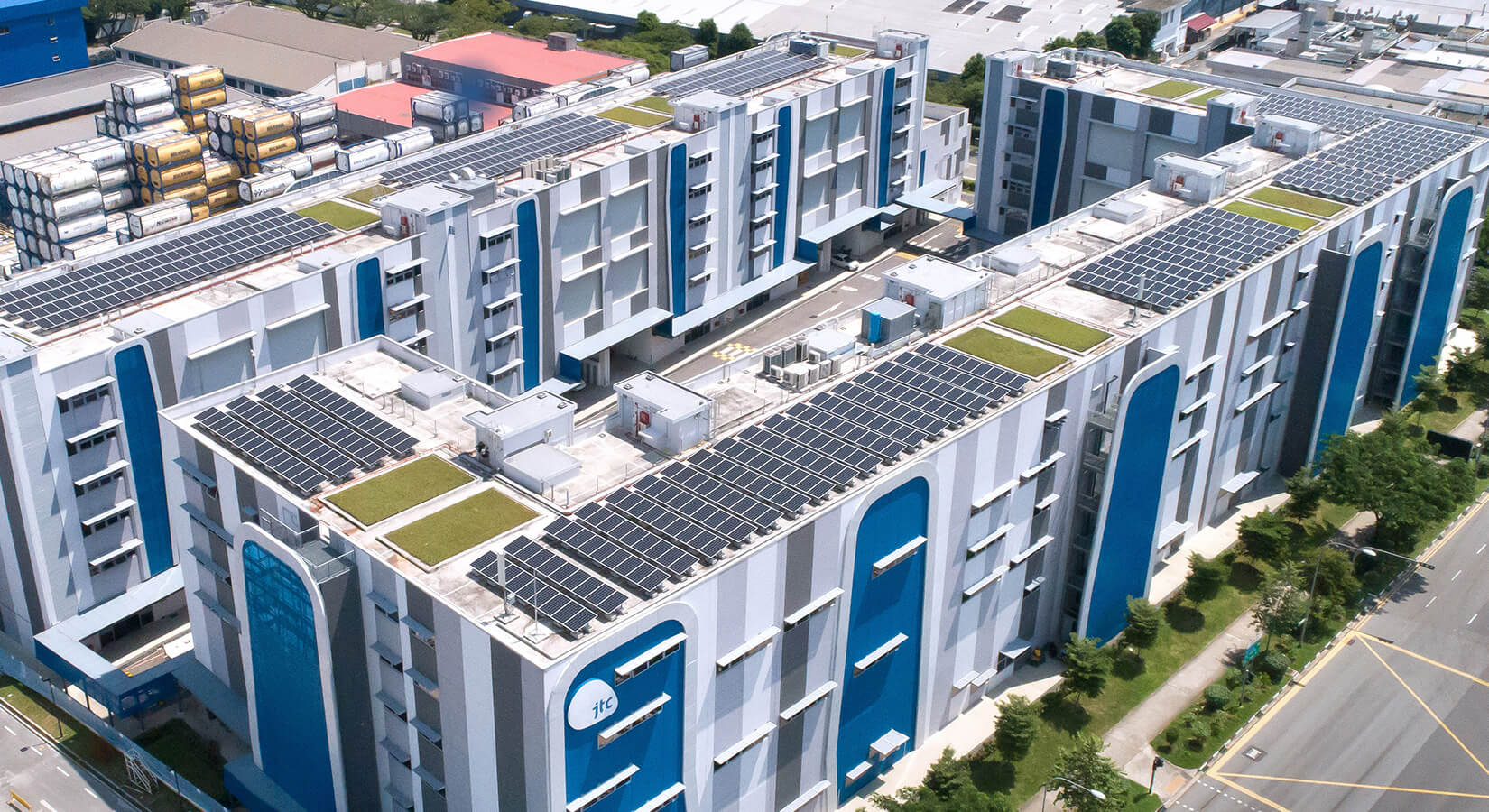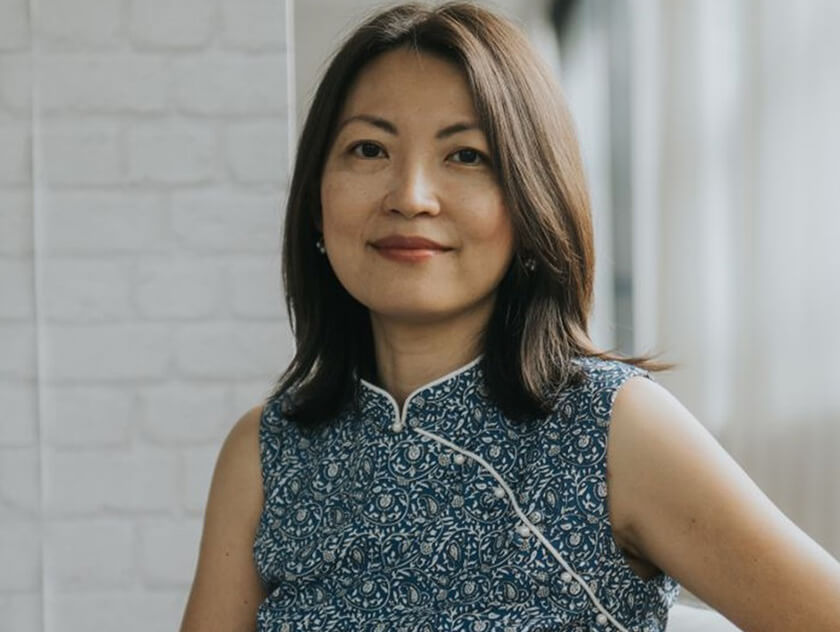
Firms can lease solar panels and get power discount or lease out rooftop space for panels
21 Jul 2020 - Industrial landlord JTC Corporation has launched a tender to help companies adopt solar energy and make its industrial estates more environmentally friendly.
This initiative aims to fast-track solar power adoption on the rooftops of 50 JTC buildings as well as those of JTC's lessees, spanning about 18ha.
It is expected to create 15 megawatt-peak (MWp) of solar deployment by 2022.
Under this new model, businesses can either lease solar photovoltaic panels and get a discount of about 15 per cent on the electricity generated, or lease out part of their rooftop space for solar vendors to install solar panels, receiving revenue in return.
The SolarRoof tender was launched last Tuesday, is expected to close on Aug 18, and is slated to be awarded in December.
It seeks to mitigate some of the challenges companies face in switching to cleaner sources of energy, such as a lack of understanding of solar deployment models and legal and procurement processes.
The tender also includes an option for solar vendors to suggest other ideas, such as combining solar deployment with rooftop farming.
Solar vendors who could take part in the tender include existing players such as Sunseap, Sembcorp, Keppel, Sun Electric and Terrenus.
Outlining the solar business models available in the market - direct ownership, solar leasing and roof leasing - JTC group director of engineering Calvin Chung said the solar leasing model included in the SolarRoof tender meets companies' needs better than direct ownership, as no upfront capital outlay is required.
There is also no capital cost borne by the government agency, he added.
"The solar company will generate revenue from selling power to the national power grid, and our customers also get to earn some rental or enjoy discount for their power, depending on which scheme they choose," he said.
JTC has received interest from some customers located in its industrial estates, such as Seletar Aerospace Park, Tuas Biomedical Park, its own wafer fabrication parks and one-north, Mr Chung added.
Pharmaceutical giant GlaxoSmithKline and developer Ho Bee Land are among these potential clients.
Currently, the agency has deployed solar panels on temporarily vacant land on Jurong Island and on the roofs of more than 20 buildings, including Jurong Town Hall and JTC Space @ Gul, amounting to more than 10MWp of installed solar capacity.
It expects to increase this solar capacity to 100MWp within the next three years through SolarRoof and SolarLand, an initiative that uses vacant land for solar deployment.
This would be enough to power more than 17,500 households a year and reduce carbon emissions by more than 39,000 tonnes, JTC said.
Several of JTC's lessees have deployed solar capacity on their own in the past few years, which has contributed to cost savings.
For example, sustainable packaging company Greenpac spent about $1 million to install solar panels on the rooftop of its building in 2011.
Solar energy now powers about half of the company's overall operations and has helped it save close to $100,000 a year in energy costs, Greenpac chief executive Susan Chong said.
Dr Toshiharu Shimizu, managing director of South-east Asia and India for manufacturing company Yamazaki Mazak Singapore, said deploying a solar energy system has enabled the firm to reduce both its carbon dioxide emissions and operating costs.
"The shade that the panels provide to the roof naturally helps to reduce the temperature of the fully air-conditioned factory, thereby helping cut down on the plant's energy consumption," he added.
Source: The Straits Times © Singapore Press Holdings Limited. Reproduced with permission.


